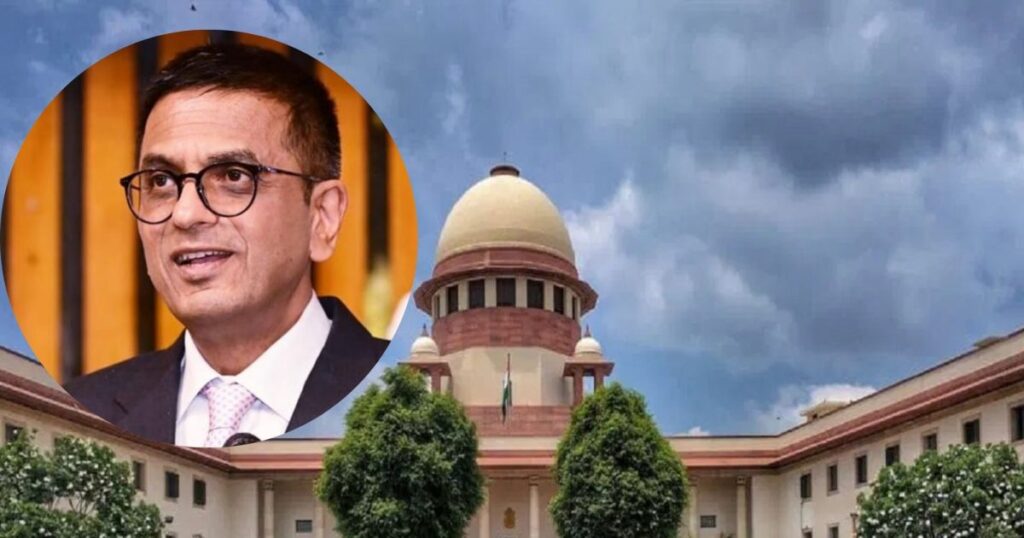New Delhi: Law Minister Arjun Ram Meghwal on Thursday told Parliament that the number of pending cases in the Supreme Court has increased by 35% in the last five years, from 59,859 in 2019 to 80,765 by the end of 2023. Overall, the pendency of cases has increased by over 20,900 in the last five years, putting pressure on the country’s top court even as it works at full strength.
The number of pending cases in the 23 high courts across the country is expected to increase from 46.8 lakh in 2019 to over 62 lakh in 2023, an increase of over 15 lakh cases and 33%. However, the highest number of pending cases are in subordinate courts, which will have 4.4 crore cases by the end of 2023. According to information shared by the government, compared to 2019, when there were 3.2 crore cases pending in the lower judiciary, the pending cases have increased by over 1.2 crore cases, an increase of 38%.
Read- Lower court judges do not want to take any risk, why did CJI Chandrachud say that most of the cases should not come to the Supreme Court
What did the Law Minister say on this matter?
The Law Minister said that there are many reasons for the pendency of cases in the courts, including availability of infrastructure and supporting court staff, complexity of facts involved, nature of evidence, cooperation of stakeholders such as bar, investigating agencies, witnesses and plaintiff (prosecutor) and proper use of rules and procedures. Meghwal said that other reasons for delay in disposal of cases include lack of timelines set by the concerned courts for disposal of different types of cases, frequent adjournments and lack of adequate monitoring system.
The minister told why this is happening
The minister acknowledged that lack of coordination among the agencies involved in the criminal justice system often leads to pending cases. Though the criminal justice system works with the help of various agencies like police, prosecution, forensic labs and medico-legal experts, the minister said that resolving pending cases in courts falls under the exclusive jurisdiction of the judiciary.
Chief Justice expressed concern
Chief Justice (CJI) D.Y. Chandrachud said, ‘Unfortunately, the problem today is that we look at any relief given by the judges of subordinate courts with suspicion. This means that the judges of the subordinate court do not want to take any risk by granting bail in important cases.’ The Chief Justice said that the judges will have to look at the nuances and subtleties of each case. He said that most of the cases should not come to the Supreme Court.
Tags: Supreme Court, supreme court of india
FIRST PUBLISHED : July 29, 2024, 07:26 IST
